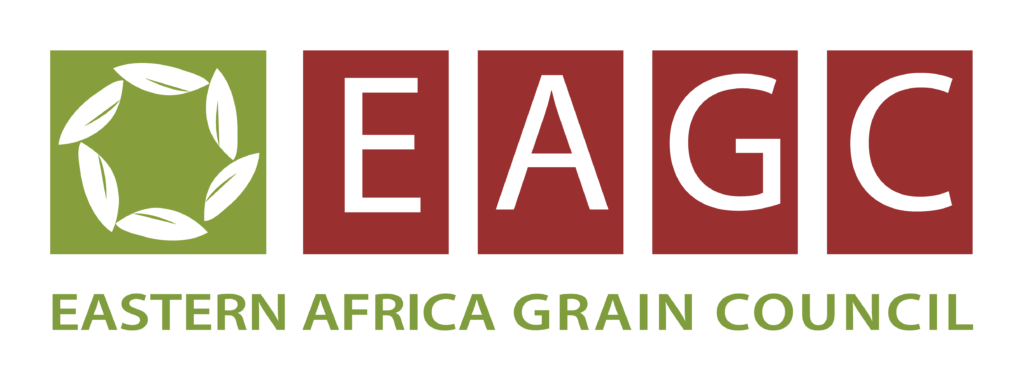Nairobi, Kenya, April 3, 2024 – The Eastern Africa Grain Council (EAGC), in collaboration with TradeMark Africa (TMA), has today unveiled a three-year pioneering project dubbed ‘Strengthening Competitiveness in Export-Oriented Staple Food Value Chains in East Africa.’ This initiative is funded by the USAID-Economic Recovery and Reform Activity (USAID-ERRA) through TMA and seeks to boost regional grain trade across critical trade corridors in Uganda, Tanzania, and Kenya.
This project is particularly significant given the volatility and gradual decline that has characterized the region’s trade in food commodities. Numerous challenges, such as minimal aggregation, informal trading, and limited integration of farmers into formal trade, contribute to substantial transactional costs. Furthermore, the absence of adequate storage and quality management infrastructure, a deficiency in post-harvest handling expertise, and a scarcity of information about export markets serve to aggravate these issues.
To address these challenges, the project intends to fortify farmer-led Grain Business Hubs (G-Hubs), utilize technology to elevate grain production, quality, and trade, and enhance enterprise-level capabilities along with institutional frameworks to improve adherence to Sanitary and Phytosanitary (SPS) standards, thereby bolstering export-driven grain trade. Moreover, the initiative will develop and enhance an information hub to guide regional food balance sheets and influence national and regional food security and trade policies, ultimately cultivating an enabling regulatory framework for trade.
During his keynote address, Mark Priestley, Chief of Party, USAID-ERRA, underscored the strategic collaboration – between EAGC and TMA, which is set to enhance grain exports across the region through innovative approaches like the farmer-operated Grain Business Hubs (G-Hubs), harnessing technology to advance grain quality and stimulate trade.
Giving his remarks, Gerald Masila, Executive Director of EAGC, expressed his excitement about the project’s launch and emphasized its alignment with EAGC’s mission to advocate for an enabling environment in promoting structured grain trade for the optimum benefit of its stakeholders. He emphasized the expected benefits of the project to the sector including, improved production, greater access to agricultural finance, capacity enhancement, mentorship in SPS and quality compliance, and better trade linkages,
Speaking on behalf of the Managing Director of the Kenya Bureau of Standards (KEBS), James Nduati, Standards Officer, stated that the partnership with EAGC has played a pivotal role in shaping quality standards of various staple foods standards from development to harmonization, and domestication at East Africa Member States level. He added that EAGC partnership with KEBS has also resulted to the review of KS EAS 75:203 cattle feed specification which has been approved and awaiting EAC gazettment.
The project strategically targets key interventions aiming to transform the grain sector landscape, expand market access to broaden Tanzania and Uganda’s participation in the Kenyan market, and promote regional integration, trade, and economic prosperity.

